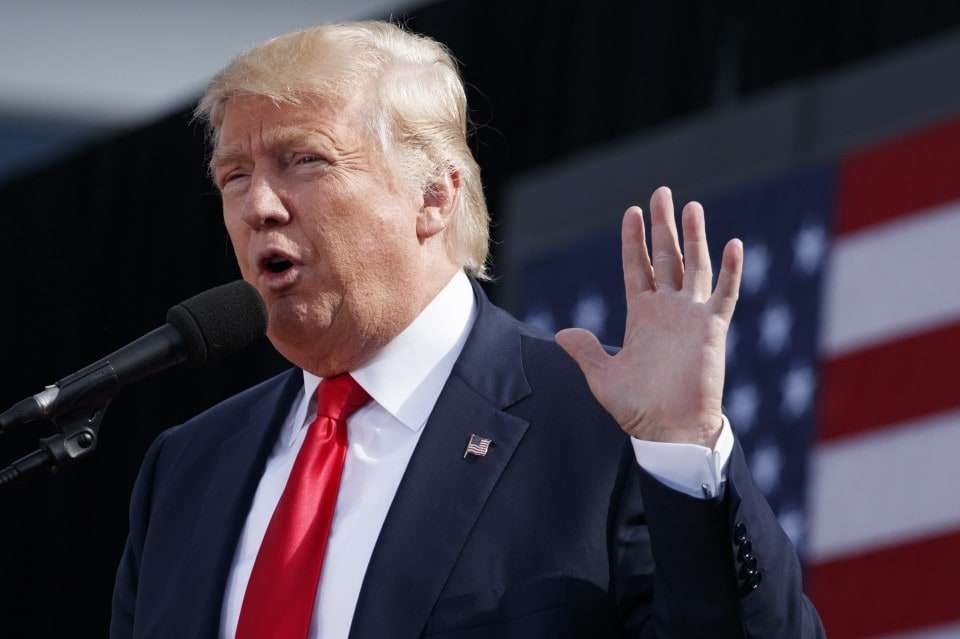The Volokh Conspiracy
Mostly law professors | Sometimes contrarian | Often libertarian | Always independent
Trump and the 'rigged election'

Donald Trump has disturbed a lot of observers by claiming that there is a grand conspiracy between the media and the Democrats to rig the 2016 election. Such a claim is deeply corrosive to democracy, these observers say. And they're right. But I thought I would add two quick points to put Trump's assertions in context.
First, Trump's mind-set has long had room for only two explanations of the election: Either he wins, or the election is rigged. As I noted in May, "Donald Trump is the King of Delegitimization. It's his trademark move." As Trump tells it, everyone is running a con except for him. His worldview is simple and clear. Everything that breaks his way is proof that Trump is amazing. Everything that doesn't break his way is proof of powerful, corrupt forces conspiring against him. There is no room for any other explanation. If it looks as though Trump is going to lose, a conspiracy must be at fault.
Second, I think the centrality of conspiracy theories to Trump's worldview has been under-appreciated. Trump's embrace of conspiracy theories and conspiracy theorists has been noted, certainly. This New Yorker article from June gives you a flavor. But now that the "shackles" have come off and there are only a few weeks left, Trump is indulging the conspiracy mind-set completely. Everything against him - every sexual assault accusation, every negative poll, every critical news story - is presented as part of the conspiracy. And as tends to happen with conspiracy theories, the more you go down that path, the more all-encompassing the explanation becomes.


Show Comments (0)